"A" is for Anosmia
In her mid-70s, Deborah K. Shepherd has occasion to learn some new medical terms.

Every May, the exhilarating scent of lilacs fills our dooryard. The trees only bloom for a couple of weeks, so each day, I bury my nose in the blossoms, trying to commit this heady smell to my sense memory. “Someone should bottle this,” I remember thinking one spring. Yes, someone has: It’s called perfume.
Last year, the lilacs presented their customary visual extravaganza, but had no scent at all.
***
I’m refilling a spice jar from my larger stash when it registers that the coriander has no odor.
“Smell this,” I say to my husband as I waft the jar under his nose. “What does it smell like to you?”
“I dunno. Spicy, I guess.” He is not a cook.
I open the cumin, then the ginger, the cinnamon, and cloves.
Nada.
***
I’ve been cooking for more than 50 of my 76 years, and lately I’ve been relying on my New York Times Cooking subscription for inspiration. The night I lose my sense of smell, I’m preparing “Sheet Pan Chicken with Rhubarb and Red Onion” for the first time.
“Oh, this is a keeper,” says my husband on first bite.
I’ll have to take his word for it. Although I can pick up a sour note from the rhubarb and a sweet one from the honey-basted chicken thighs and bitter from the onions that are a tad over-caramelized, I can’t taste the subtleties of the dish, and the coriander and thyme don’t register at all.
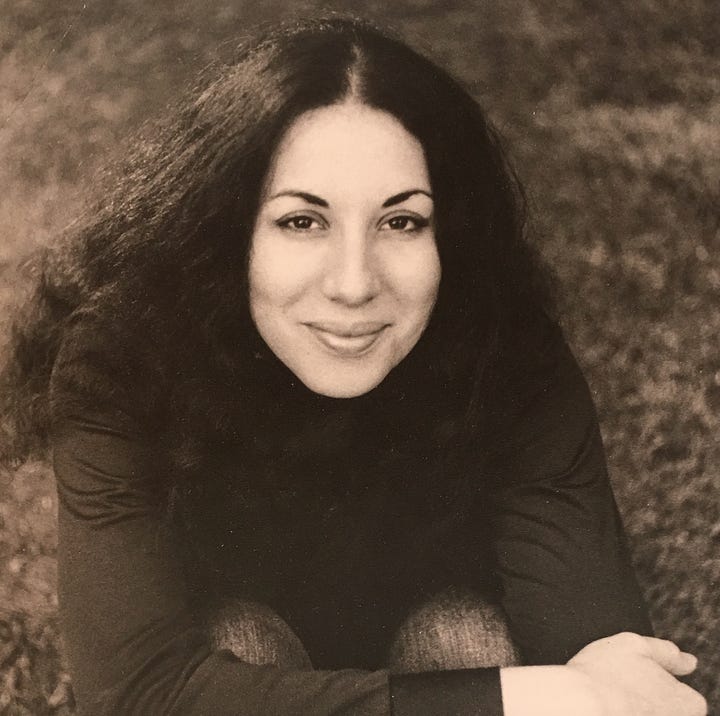
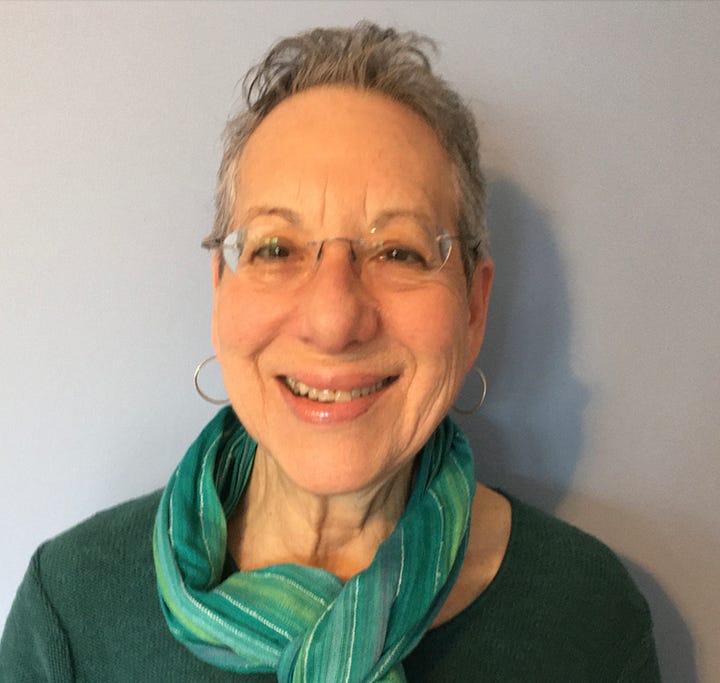
Anosmia—the loss of the sense of smell and Ageusia—the loss of the sense of taste—are common side effects of Covid-19. After our first—vaccinated, boosted, masked—weekend away in over two years—a two-hour drive to Portland, ME, two nights at the Holiday Inn, our first divine cups of coffee not brewed at home, and four memorable meals from well-reviewed restaurants in this glorious foodie mecca—my husband returns with the sniffles that are gone in three days. I catch whatever he has, but it lingers and turns into a hacking cough that keeps me up at night. Two negative Covid rapid tests and one negative PCR test, and I am still coughing and fatigued.
And not tasting. And not smelling.
I Google to find out when my chemical senses might return: Maybe never. The ability to taste and smell diminishes as we age. (I’ll never know for sure whether I had three false negatives, or it was something besides Covid. And while my senses of smell and taste did eventually return, they were definitely diminished.)
My hearing is the first thing to go. It’s 2016 and I’m 69, I finally break down and spend thousands of dollars—not covered by Medicare—on hearing aids after a car ride conversation with my then 6-year-old grandson:
Grandson: “(Unintelligible…blah…blah) asparagus.”
Me: “What? You want to pick asparagus after camp? I’m sorry, sweetie, it’s too late in the season. The asparagus can only be cut for a few weeks, otherwise it won’t come back next year.”
Grandson: (using his Outdoor Voice): “Meema, I didn’t say anything about asparagus. I said I left my boots in the barn at camp. You really do need hearing aids.”
***
In 2021, when I’m 74: “Would you mail the snowplowing contract when you go downtown?” I ask my husband.
“Sure, where is it?”
“On the…”
And I’m staring right at the piece of furniture, and I can’t remember what it’s called, and the silence seems like minutes, maybe an eternity.
“Where we always put letters to be mailed. On the corner of the…”
“Table?” he asks.
***
“It’s like being a toddler,” says my best friend, who, at 77, is one year, four weeks and three days older than me. “Every month, you hit another milestone.”
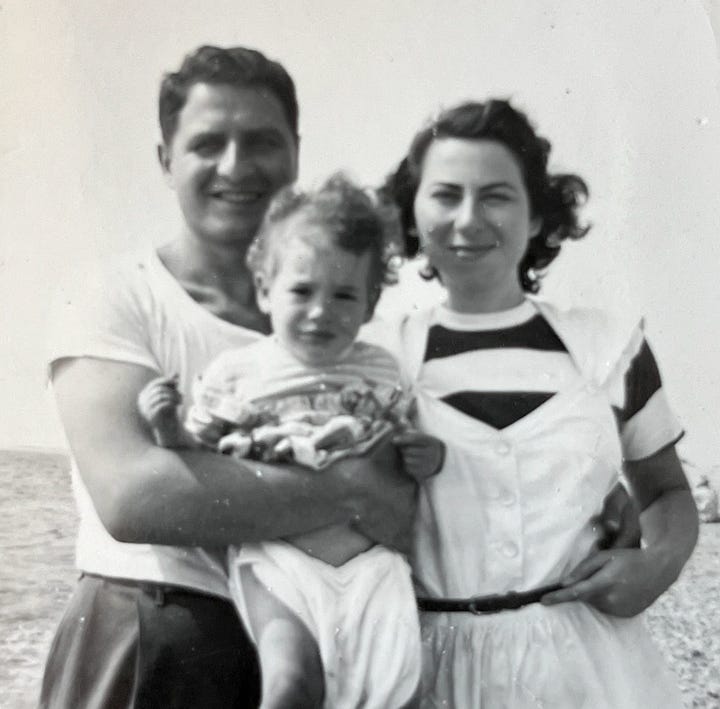
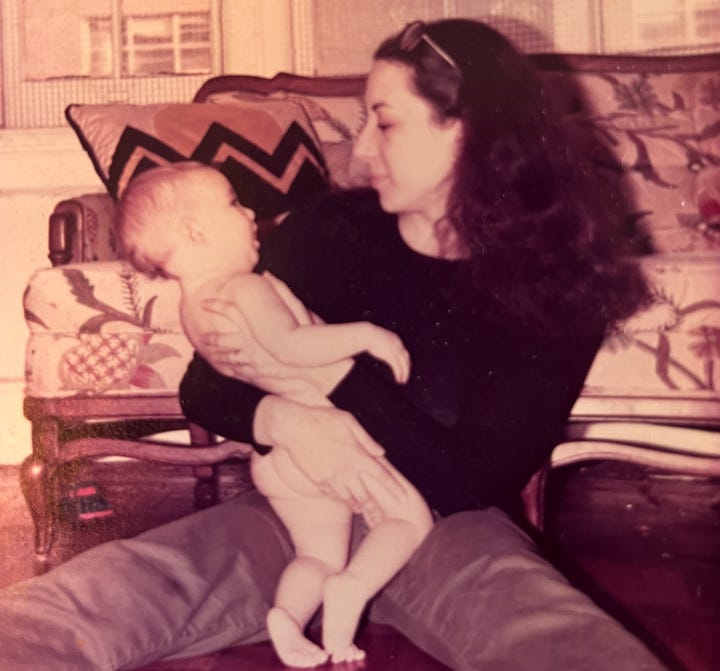
We’re in our lawyer’s office, for “estate planning,” although one would be hard-pressed to call our two-bedroom, one-and-a half-bath house an estate. Nevertheless, that’s the nomenclature for the plans you make when you want to avoid probate.
“The last time you did an advance directive was eight years ago,” says the lawyer. “Regulations have changed. Might as well fill out a new one.”
My husband’s eyebrows go up and the lawyer says, “No extra charge. It’s part of my fee.” He starts throwing questions at us, ending with:
“Do you want to receive pain medication even if you’re in a vegetative state?”
My husband has already checked out of the conversation, telling the lawyer, “I’ll have what she’s having,” and has walked over to the wall to translate the Latin on the attorney’s diploma.
I shrug.
“Your body can still feel pain in that state,” says the lawyer, feeding me a hint, which makes me doubt even the questions I’m sure of, and I want to ask him if I’ve answered the others correctly.
***
This is what I tell my daughter:
“Okay, if I pee myself, I’ll just get Depends. They’re making them like lingerie now, anyway. But if I start pooping my pants…”
“Oh,” she says. “Don’t worry, Mom, I got you.”
I assume she means she’s resigned herself to changing my adult diapers in the not-so-distant future. I can’t be certain. But I don’t ask.




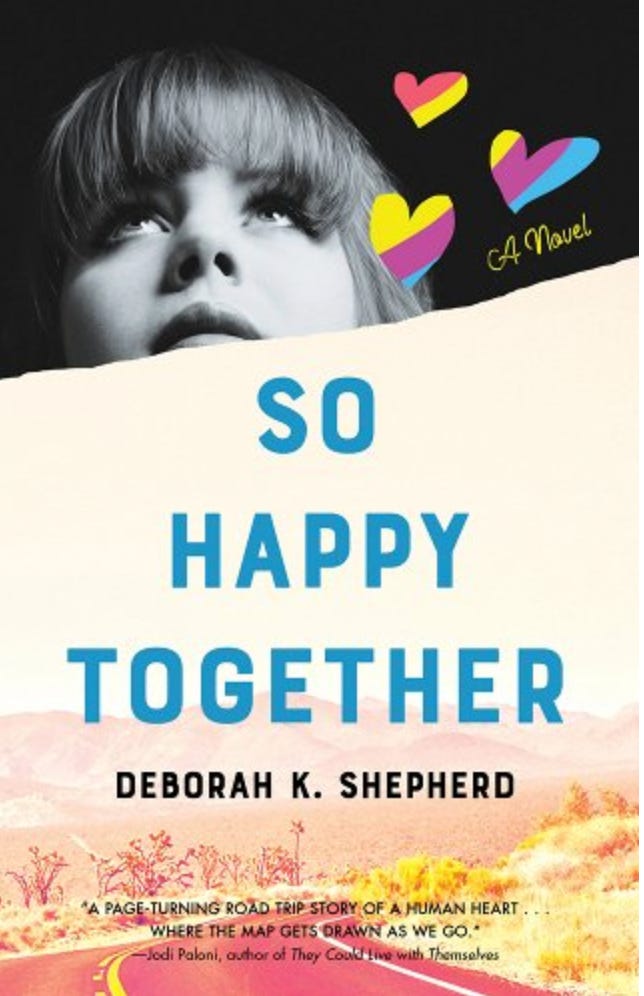

Oh, thanks for your sweet (and useful) comment, dear Lauren. I especially love the “note to self.”
Thanks, Lauren. Don’t think I’d want to return to my salad days.🤣